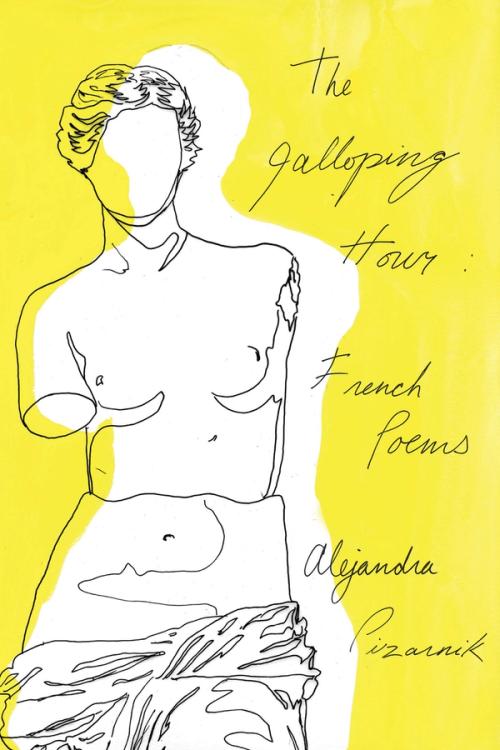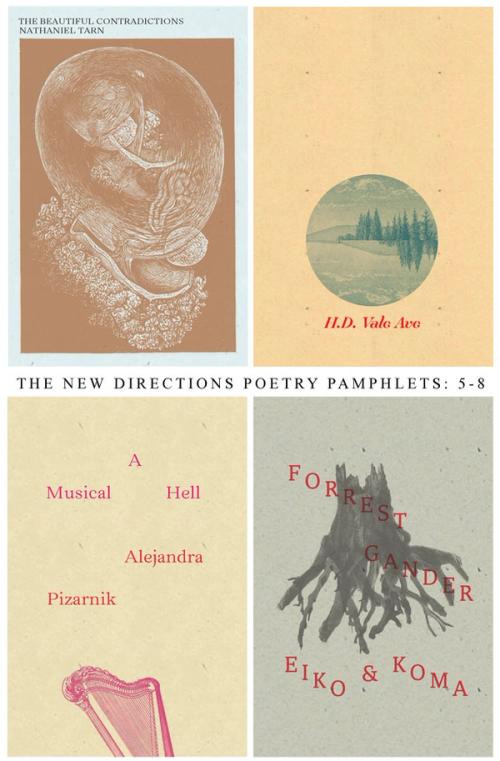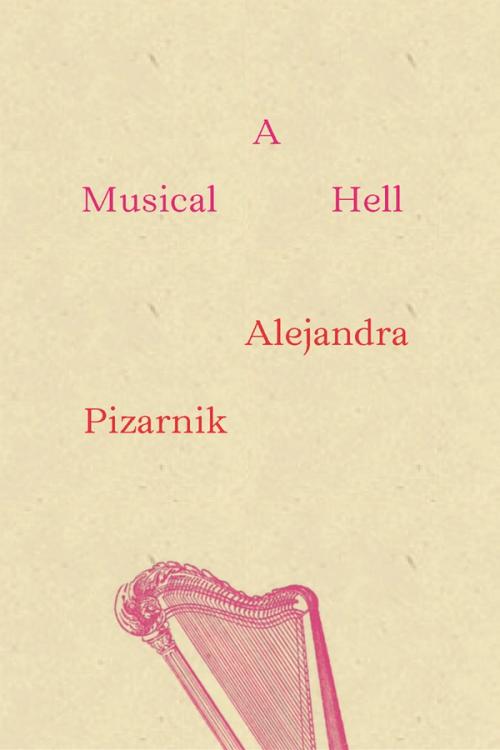The Galloping Hour
Poetry by Alejandra Pizarnik
Translated from French by Patricio Ferrari and Forrest Gander
Edited by Patricio Ferrari
The Galloping Hour: French Poems—never before rendered in English and unpublished during her lifetime—gathers for the first time all the poems that Alejandra Pizarnik (revered by Octavio Paz and Roberto Bolaño) wrote in French. Conceived during her Paris sojourn (1960–1964) and in Buenos Aires (1970–1971) near the end of her tragically short life, these poems explore many of Pizarnik’s deepest obsessions: the limitations of language, silence, the body, night, sex, and the nature of intimacy.
Drawing from personal life experiences and echoing readings of some of her beloved/accursed French authors—Charles Baudelaire, Germain Nouveau, Arthur Rimbaud, and Antonin Artaud—this collection includes prose poems that Pizarnik would later translate into Spanish. Pizarnik’s work led Raúl Zurita to note: “Her poetry—with a clarity that becomes piercing—illuminates the abysses of emotional sensitivity, desire, and absence. It presses against our lives and touches the most exposed, fragile, and numb parts of humanity."
Click here to see book notes by Patricio Ferrari, editor of The Galloping Hour
Paperback(published Jul, 31 2018)
- ISBN
- 9780811227742
- Price US
- 16.95
- Price CN
- 22.95
- Trim Size
- 5 1/2 x 8 1/2"
- Page Count
- 96pp
Ebook
- ISBN
- 9780811227759




